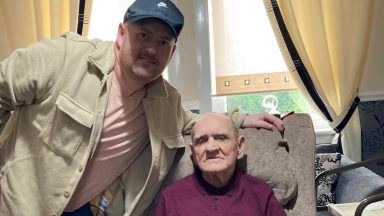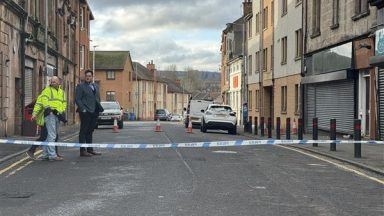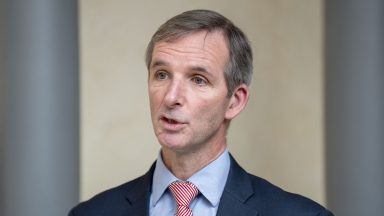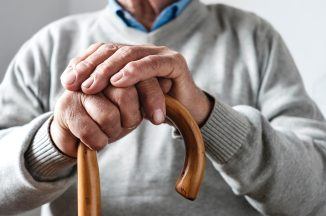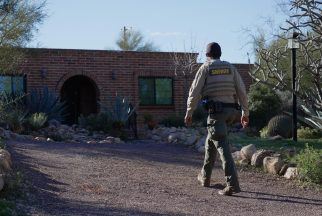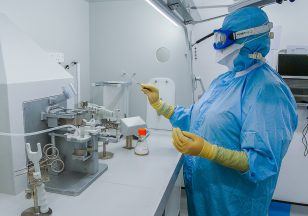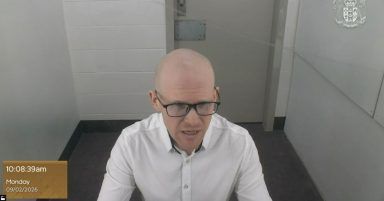An ambulance call handler was subjected to a tirade of verbal abuse by a man who threatened to “track down and blow up” the responder’s family.
Neil Hardy told how the distressed caller accused him of “failing” his job after frantically seeking help for a family member suffering severe stomach pain last year.
Hardy, a former paramedic, was attempting to calm the man down when the patient in question would not accept assigned triage.
It comes as a new report found Scottish ambulance personnel faced more than 300 instances of physical and verbal abuse while carrying out lifesaving treatment in the last year.
Data released by the Scottish Ambulance Service (SAS) uncovered 142 reported verbal and physical assaults from December 2021 to the end of May 2022.
Bosses have described the rise in violence towards responders as “unacceptable,” but Hardy, who spent more than a decade as a paramedic, said dealing with aggression and abuse from callers had become a common part of the job.
“Being on the other end of abusive behaviour happens more often than people would think,” he said.
“There are two types of abusive calls we receive. The first is the callers who are angry and aggressive because they are scared, and we have the training to calm them down and deal with it.
“The second is more difficult and it’s when the caller is abusive from the moment we answer the call. The call I received, the man had a family member with stomach pain, and he wouldn’t accept the assigned triage.
“After a tirade of abuse, he said he would track down me and my family and blow us up. I knew that it was unlikely that he would follow through with this threat, but it was still completely unnecessary and upsetting.”
Hardy added how he had seen colleagues “step away from the phone” to compose themselves after particularly difficult interactions.
He said that, despite these incidents being in the minority of cases, they still had a profound effect on those simply carrying out their jobs in difficult circumstances.
“Everyone who works in our control rooms is doing the job because they want to help people, and we don’t deserve to be abused while doing so,” he said.
“During a shift we may take sixty or seventy calls a day, and so there is a likely chance we will be abused on a number of calls throughout a shift. It shouldn’t happen, but it does.
“When you’ve been here a while you get used to it, but the fact it happens so regularly is very distressing.”
Hardy told of his experiences ahead of the launch of the #WorkWithoutFear campaign, which encourages those who commit offences towards emergency medics to have respect for the people who are trying to help them, their friends and families when they need it most.
SAS chief executive Pauline Howie added: “It’s completely unacceptable for emergency workers to be experiencing verbal and physical assaults, particularly when they are responding to calls for assistance.
“While these new figures are for recorded calls, I have no doubt there are many more assaults that go unrecorded.
“They work incredibly hard, helping people in need and keeping them safe, and sadly, we’ve seen incidents occur in other parts of the NHS and against our police and fire colleagues too.
“They should not have to fear for their safety when treating patients, or to be verbally-assaulted over the phone when handling calls.”
Follow STV News on WhatsApp
Scan the QR code on your mobile device for all the latest news from around the country


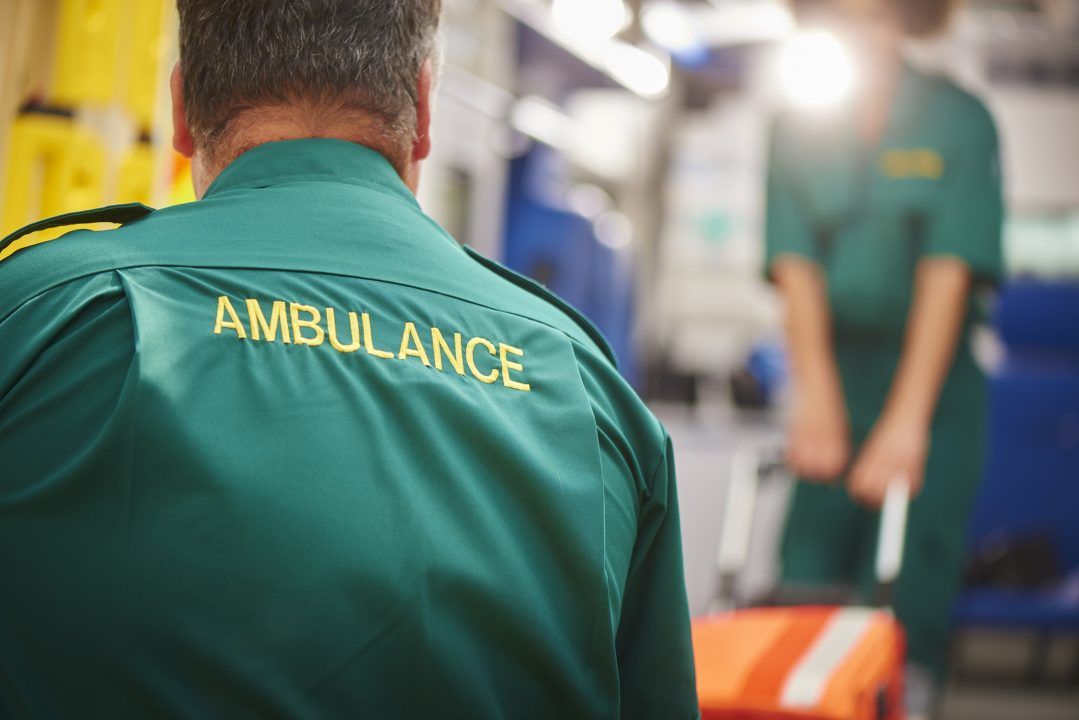 iStock
iStock







